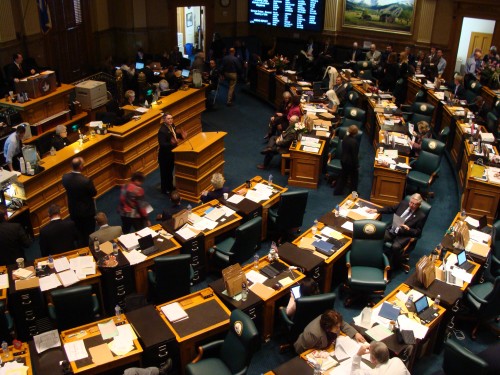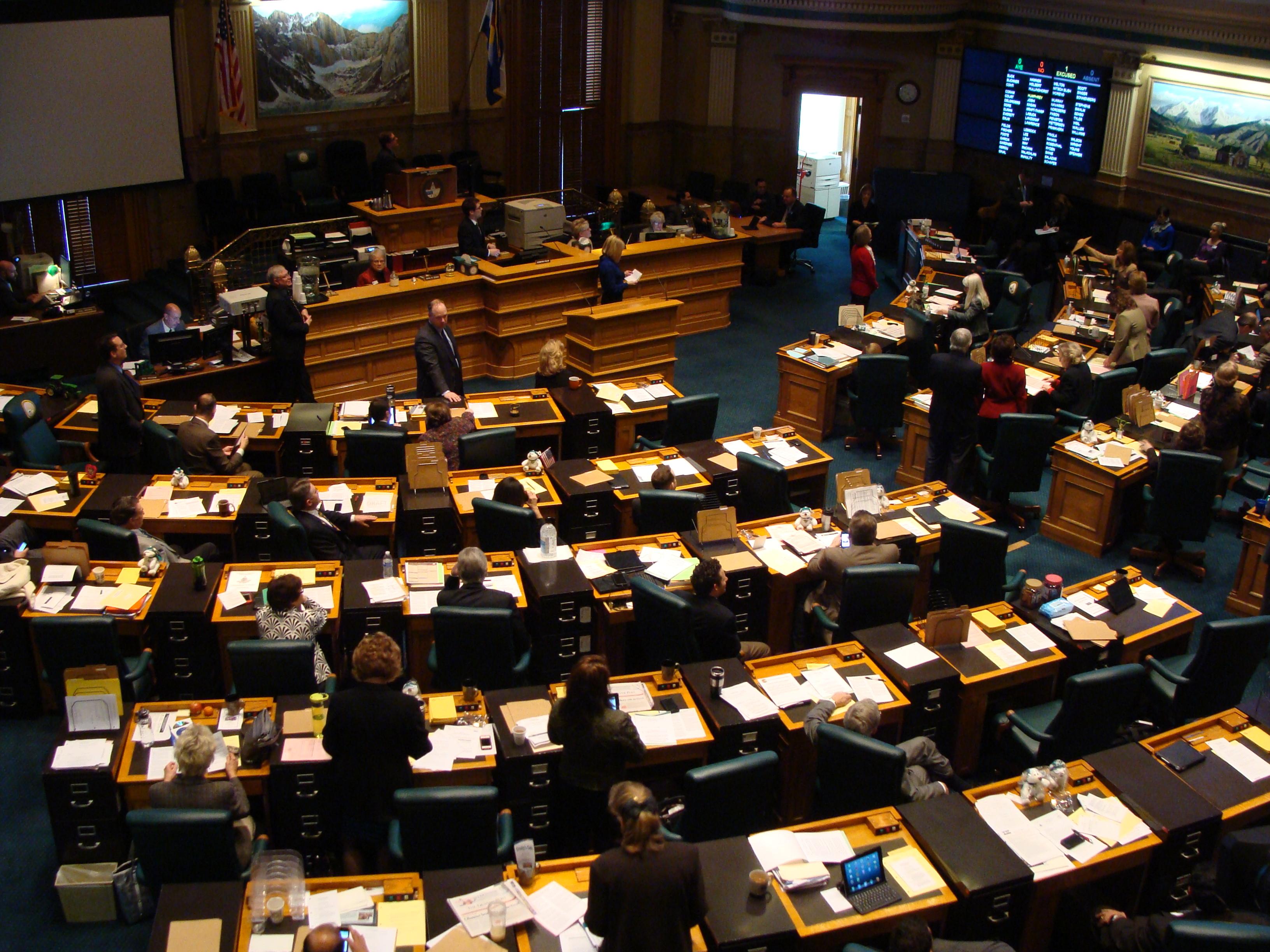

It's been a relatively quiet legislative session so far at the state Capitol. Sure, big crowds have fueled long and passionate hearings on some bills. Lawmakers have spent hours on the so-called 'death with dignity' proposal, efforts to repeal the 2013 gun control laws, and a measure known as the 'Parents Bill of Rights' that would require parental approval before minors could receive most medical and psychological care. But the first of those bills have already been voted down and the rest are expected to follow suit.
With control of the chambers split between Republicans and Democrats, the more public interest in a bill, the less chance it seems to have of passing.
Still, with state lawmakers about a third of the way through their session, some interesting themes are developing:
- Big battle brewing over building: Condominiums make up only a small fraction of the new housing being built in Colorado and some say the fault lies with the state's liability laws. They want to make it harder for condo-owners to sue builders for construction flaws. The bill has bipartisan sponsors in both chambers and a hefty coalition of chambers of commerce and affordable housing groups backing it. But Democratic House leaders are reportedly cool to the measure, worried it will leave owners with little recourse when serious problems arise. Whether the bill makes it through or not, it's likely to garner a lot of attention along the way.
- One area of agreement: "Workforce development" seems to be both parties' favorite buzzword this session. There are bills to create more scholarships for technical schools, to encourage schools and industries to work together to develop targeted training programs, to pressure high schools to get more students into post-secondary education, and to support companies that offer paid internships. All these policies represent an attempt to grapple with Colorado's current economic reality: companies are creating skilled jobs, but struggling to find home-grown candidates to fill them. As House Speaker Pro Tem Dan Pabon, D-Denver, explains, job preparation hits a bipartisan sweet spot:
“On the Republican side what we hear is that there are a lot of folks on welfare and on public benefits and they want to find a way to get them off public benefits. So this is one way to do that. On the Democratic side I think you’re just hearing that there are a lot of folks who are still out of work and this allows them to get in the middle class and then some.”
- A hidden stumbling block: Even in good years, a hefty price tag can sink otherwise popular bills. And a lot of policy changes that seem simple can end up costing a lot, if they require changing the state's IT systems. That comes up especially frequently with bills that involve public assistance programs. One bill this session would allow single parents on TANF to receive child support; currently non-custodial parents pay child support to the government, which use the money to cover some costs of the program. That change sounds simple, but adjusting the relevant computer systems is estimated to cost more than two million dollars. A paid family leave proposal faces an even bigger hurdle; last year state analysts estimated a similar program would cost hundreds of millions of dollars to set up. Rep. Faith Winter, D-Westminster, is sponsoring this year's version. The cost of technology has been a rude awakening for the freshman lawmaker:
“Oh my gosh - computer systems are so expensive! Computer systems and databases!”









